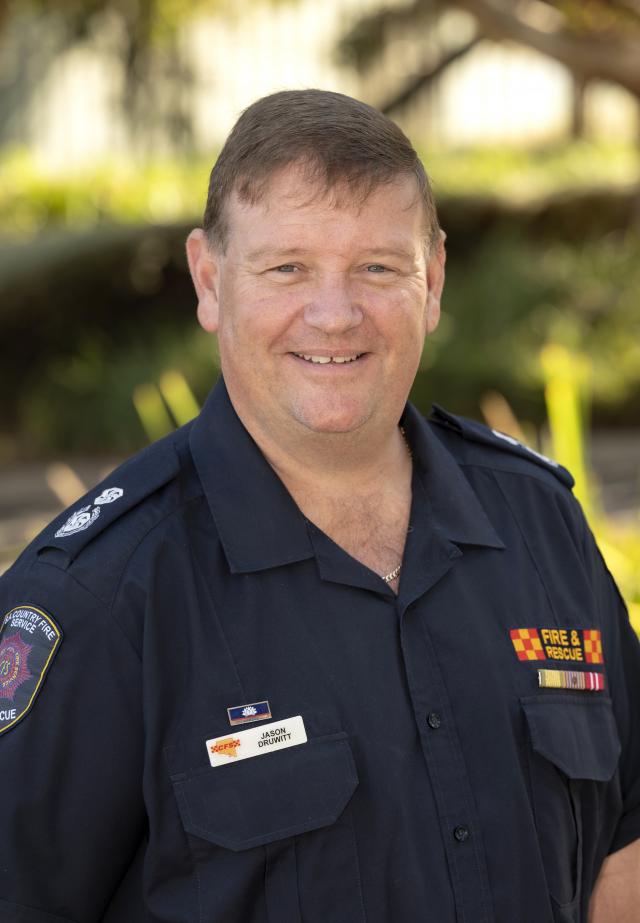
Elsie Adamo
THE upcoming bushfire season will likely start late, according to the South Australian CFS.
The Bureau of Meteorology (BOM) has called a third La Niña for the upcoming summer, which will likely mean above-average rainfall across the state for the upcoming months.
Jason Druwitt, Regional Commander for the CFS, said La Niña could indicate a late start to the season.
“It does not mean we will not end up with a fire season, but our fire season could be delayed,” Mr Druwitt said.
“Depending on how much rain comes through, when it falls and when the La Niña pattern changes.”
“Our traditional fire season starts in around about December, and that could go back into January or February.
“For us that will mean it is likely to see increase fuel loads, but we will be closely monitoring those, and see what the impacts are.”
The previous season’s La Niña did result in above-average rainfalls for most of the country, but not for the South East of South Australia. BOM has said they believe the South East region will see more rainfall this season, but Mr Druwitt said the CFS would be monitoring the situation closely.
“Our landscape was very dry last year, and as a result of that we saw those devastating fires across our South Eastern areas,” he said.
“The Coles fire, the Wrattonbully fire and the Crater Lakes fire were three of our main fires last year.”
According to Mr Druwitt, it is essential the community does not become complacent this fire season, even if conditions are milder than in previous years.
“We would encourage everyone to start their normal preparation as the fire season starts to get closer.
“Even if there is information the fire season could be delayed or be a bit wetter, we are still asking our brigades to go through their normal preparation processes right now.
“We are doing our normal preparation, so we would like the public to follow and do their normal preparation as well.”
A new Australian Fire Danger Rating System has been implemented nationwide since the last season. Mr Druwitt said community members will need to familiarise themselves with the new system and the steps ahead of the bushfire season.
“They will need to know where their bushfire safe place i, prepare their five-minute plan… and it is really important that they practise those things as well,” he said.
Mr Druwitt said it was important ahead of the season to also recognise volunteers in the community that help keep everyone safe.
“It is amazing to understand we have members within our own communities who at the drop of a hat when their pager goes off will stop what their doing and go off and respond,” he said.
“Whether it be through a fire, whether it be through a road accident, whether it is to help a member of the public in some other way, I just am continually amazed by their commitment.”







